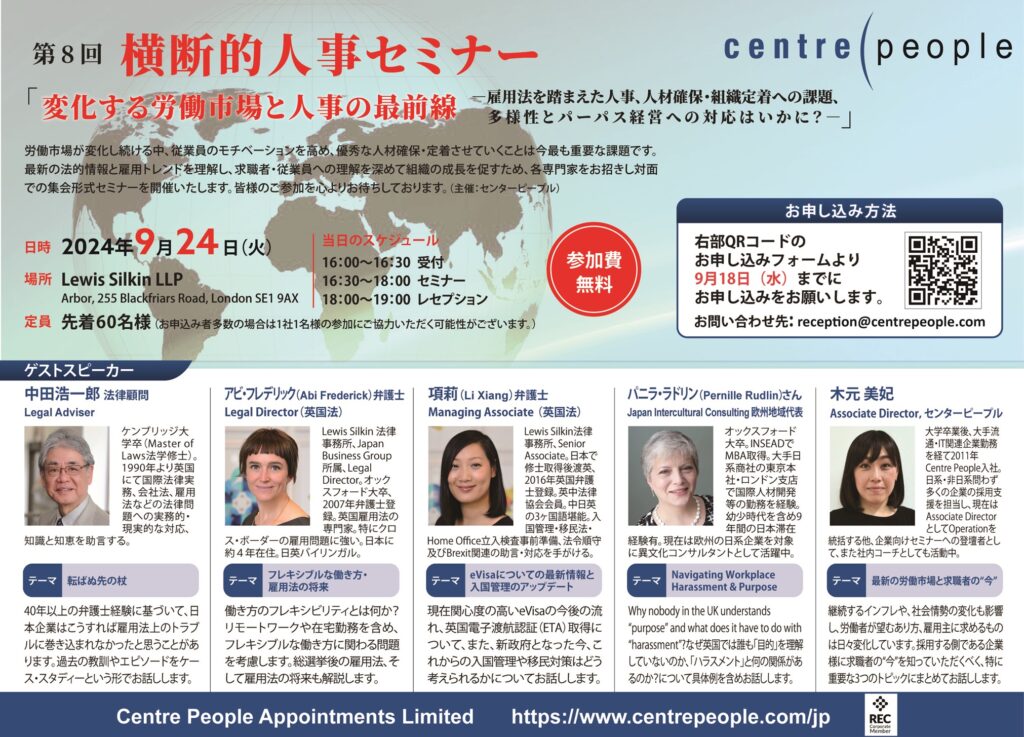Marubeni-Itochu Steel adds another British company to its supply network
Marubeni-Itochu Steel has acquired Scotland based plate processor Angus F. Gunn via its UK subsidiary Barclay & Mathieson. This adds to Marubeni-Itochu Steel’s capacity to supply British oil and gas, renewable energy and construction industries.
Marubeni-Itochu Steel accquired Glasgow based Barclay & Mathieson in 2022. It has around 400 employees, whereas Angus F. Gunn has 25 employees. Marubeni-Itochu Steel Europe is based in Germany, with a branch in London, alongside Marubeni-Itochu Tubulars, which employs around 50 people, with operations in Milan and Algiers.
For more content like this, subscribe to the free Rudlin Consulting Newsletter. 最新の在欧日系企業の状況については無料の月刊Rudlin Consulting ニューズレターにご登録ください。
Read More LinkedIn
LinkedIn YouTube
YouTube
